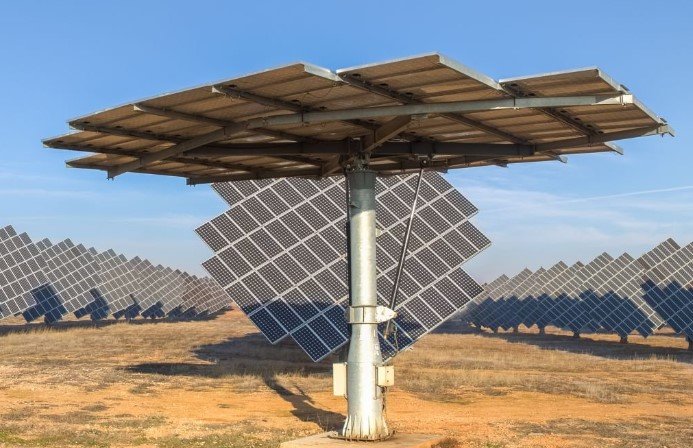On June 17, 2024, the Government of Georgia implemented significant amendments to Resolution N556, enhancing the Support Scheme for the Production and Use of Energy from Renewable Sources. This initiative aims to bolster the country’s renewable energy sector, aligning with the objectives outlined in the Law of Georgia on “Promoting the Generation and Consumption of Energy from Renewable Sources.”
Overview of the Support Scheme
Originally adopted on December 7, 2024, the Support Scheme serves as a crucial framework for promoting renewable energy development. It includes various mechanisms such as investment aids, reduced tax rates, and special tariffs designed to encourage the generation and consumption of renewable energy. The scheme applies to both public-private partnership projects and other qualifying energy projects, ensuring a broad reach.
The Support Scheme specifically targets power plants with an installed capacity of over 0.5 megawatts. A key feature is the contract for price difference (CfD), which compensates selected entities for any price discrepancies between the day-ahead market price and the tariff specified in the CfD. This arrangement provides financial stability for renewable energy producers.

Support Periods by Energy Source
The support period varies depending on the type of renewable energy source:
- Hydropower Plants: 8 months (September to April)
- Wind Power Plants: 9 months (August to April)
- Solar Power Plants: 12 months (all year)
- Other Renewable Sources: 12 months (all year)
These timeframes are designed to accommodate the unique operational needs of different energy sources, promoting a diverse energy portfolio.
Key Amendments to the Resolution
The recent amendments introduced several important changes to the Support Scheme, particularly in the selection process for beneficiaries. Previously, entities could only be selected through capacity auctions. The new dual selection process allows for:
- Capacity Auction Selection: Entities can still be chosen through competitive bidding.
- Direct Selection: The Ministry of Economy and Sustainable Development can now directly select beneficiaries, streamlining the process and enhancing efficiency.
This direct selection capability allows the Ministry to expedite decision-making, leading to faster approvals and a more agile selection process. By bypassing the previous commission review, the government aims to facilitate quicker project implementation.
New Agreements and Financial Guarantees
Upon approval of an application, a Technical-Economic Feasibility Agreement (Feasibility Agreement) is signed between the government and the selected entity. This agreement outlines the conditions under which a CfD can be executed. Additionally, the amendments introduced an Implementation Agreement, formalizing the relationship between the government and the project implementer after fulfilling the Feasibility Agreement requirements.
New bank guarantee requirements have also been established. Project implementers must now provide guarantees at each stage of the agreement execution:
- Pre-construction Guarantee: USD 20,000 multiplied by the installed capacity of the plant.
- Construction Guarantee: USD 40,000 multiplied by the installed capacity of the plant.
These guarantees ensure compliance with the obligations defined in both the Feasibility and Implementation Agreements, reinforcing accountability in the renewable energy sector.
Implementation Timeline and Tariffs
The Ministry issued Order N 1-1/323 on August 23, 2024, announcing the direct selection of beneficiaries. Key details include:
- Start Date for Applications: 9:00 a.m., September 2, 2024
- Fixed Tariffs:
- Hydroelectric Power Stations: 6.5 US Dollar Cents
- Wind Power Plants: 6.0 US Dollar Cents
- Solar Power Plants: 5.6 US Dollar Cents
- Application Deadline: 6:00 p.m., December 31, 2024
These amendments represent a significant advancement in Georgia’s renewable energy framework. By streamlining the application process and introducing stricter financial guarantees, the government aims to attract increased investment and foster a more sustainable energy landscape. The changes not only enhance operational efficiency but also reinforce accountability, paving the way for a greener future in Georgia.
